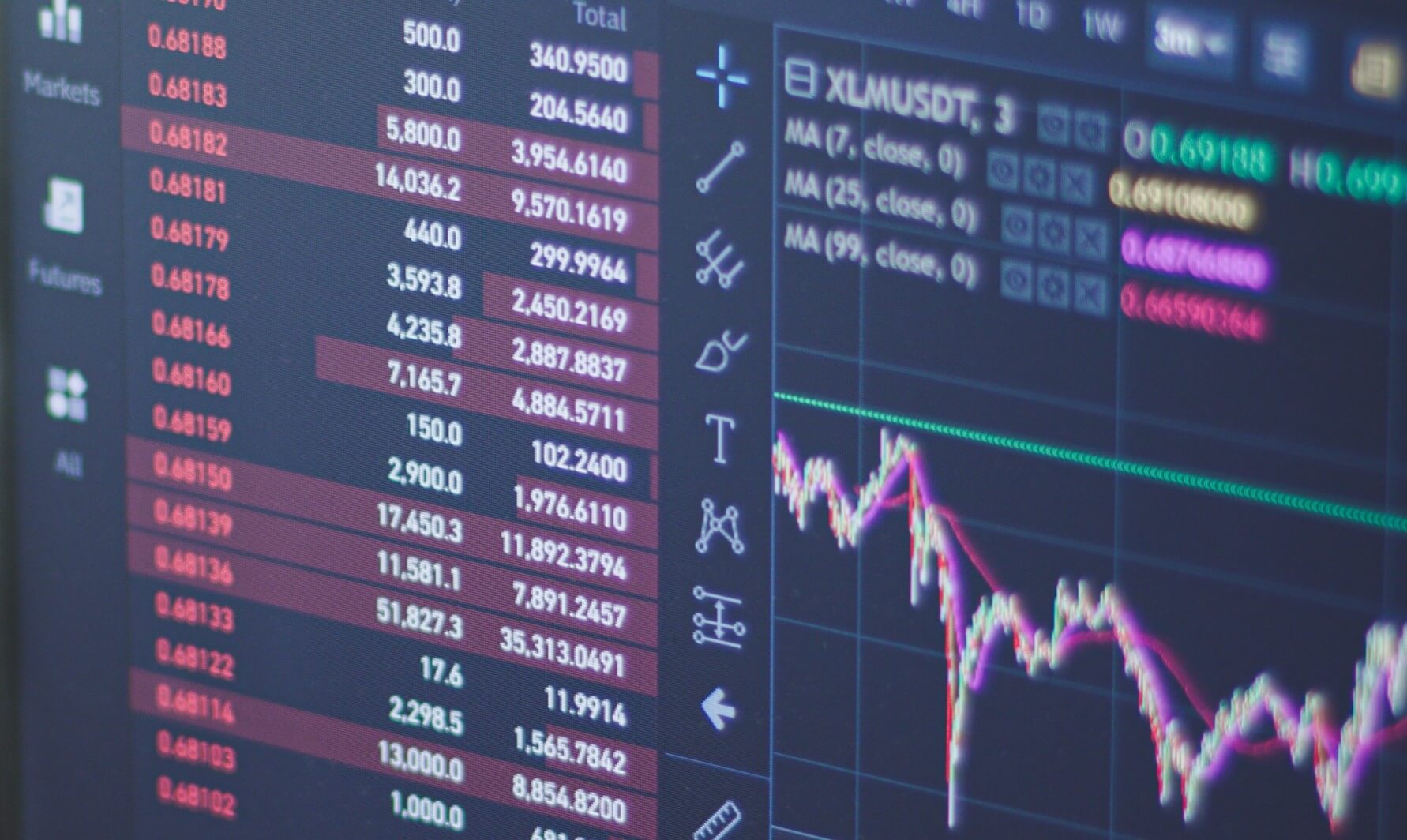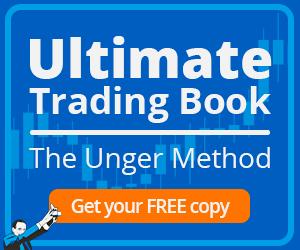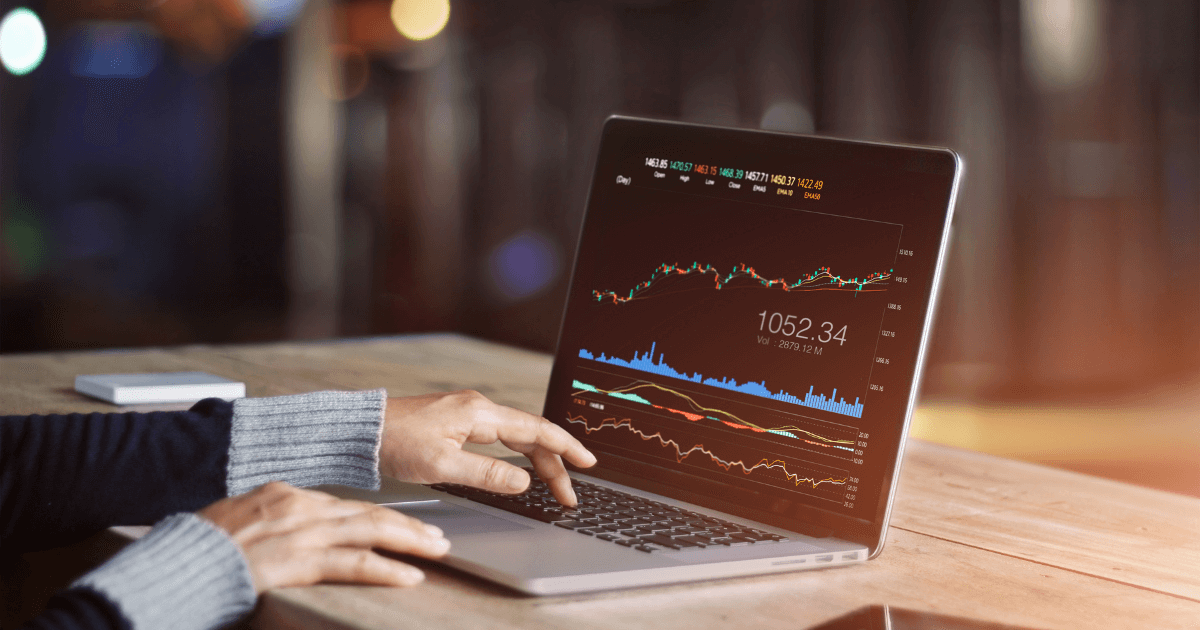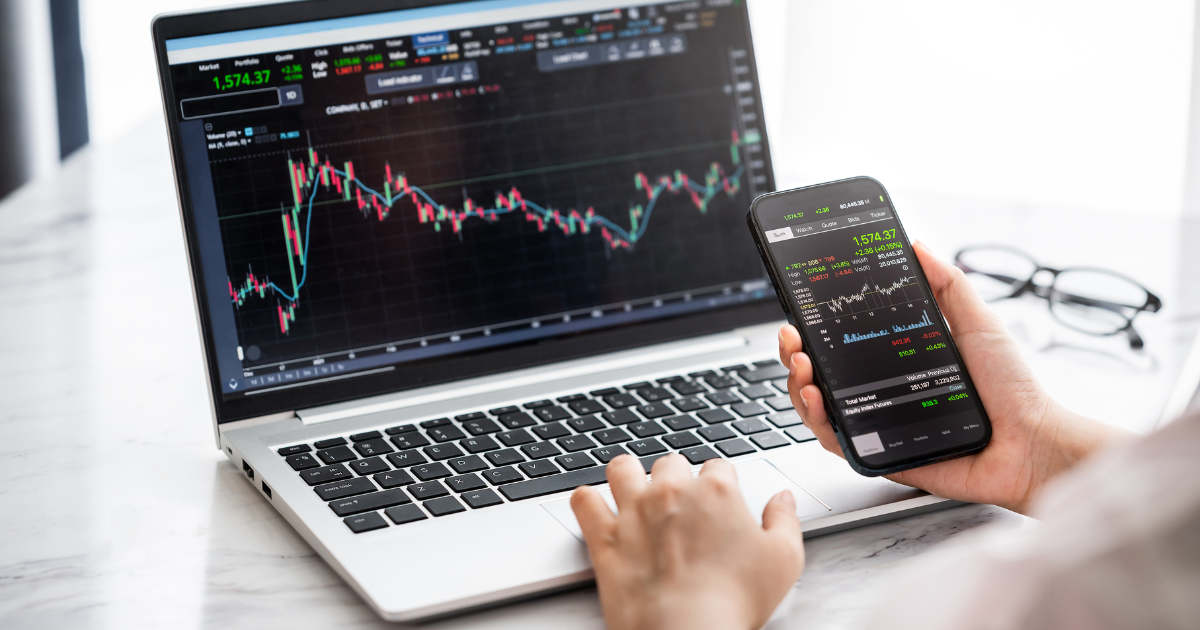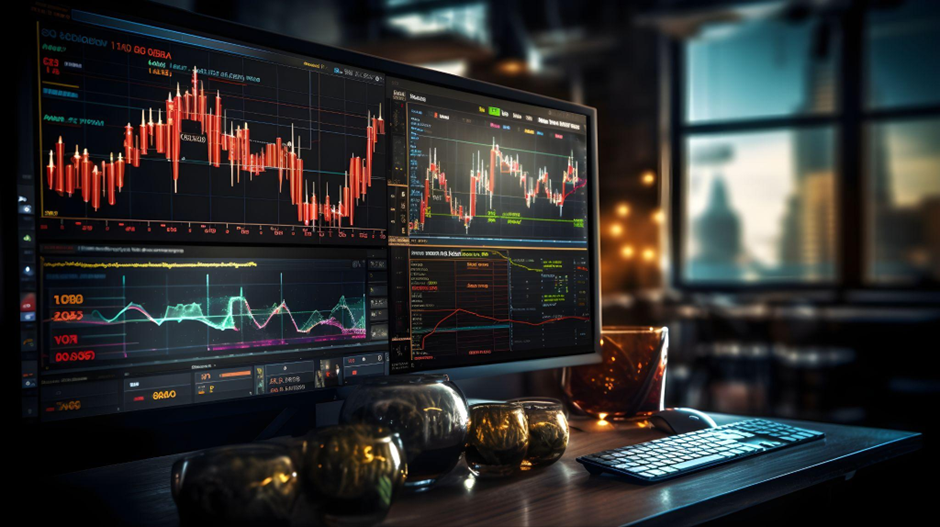What is a broker, how does it work, and what are the best brokers for trading? In this guide, you will find answers to these and other questions.
What Is a Broker?
The word “broker” seems to derive from the Old French broceur, meaning “small trader.”
In the past, brokers were always real people, like the Venetian merchants who were already involved in the trading of financial instruments in the 1300s.
Over the centuries and with the advent of technology, the figure of the broker changed radically. Today, the word “broker” refers mainly to digital platforms and systems that offer online brokerage services.
From a technical viewpoint, the broker is an intermediary who buys and sells financial products on behalf of other traders in exchange for commissions.
In fact, it is not possible for private citizens to buy and sell shares, options or other instruments directly on the financial markets. This is why intermediaries – i.e. brokers – are so important.
Types of Brokers
There are several types of brokers. You will usually hear of the following 3 types:
-
Online broker: These new-age intermediaries offer numerous benefits to individual investors, including speed of execution and the ability to invest from anywhere in the world.
-
“Discount” broker: These are brokers that offer particularly advantageous commissions.
-
Full-service broker: In addition to classic brokerage services, full-service brokers offer complementary services such as tax and financial advice.
How to Choose the Right Broker for You
As you can imagine, it is very important to choose a broker that is reliable and suitable for your specific situation, as the broker will be the middleman for all your trading operations.
In recent times, the number of brokerage service providers has increased exponentially, making it a bit difficult to know who to trust. This is especially true for novice traders.
Below we explore two key criteria to distinguish good brokers from those that we’d better avoid.
1) Reliability
The most important qualities for brokers are trustworthiness, professionalism, and transparency. As you can imagine, entrusting your money to a shady and dishonest intermediary is not a wise idea.
How do you concretely check the reliability of a broker?
Our first advice is to make sure that the broker is regulated by verifying if it is registered with an international control body. You can quickly check it online on relevant websites.
Secondly, remember to be very cautious when brokers try to lure you with tempting offers, such as welcome bonuses or very low commissions. There’s no such thing as a free lunch, and unprofessional operators could be hidden behind these attractive offers. Choosing a broker based on a few welcome dollars is not a winning strategy.
Another question to consider is the accessibility of your funds. If you wish to withdraw your money, does the broker return it to you immediately and without any problems? Or does he begin to procrastinate and propose alternative solutions to withdrawal?
Finally, it can also be useful to check where your trading funds are deposited. If you smell burning during this research phase, it may be best to choose a different broker.
2) Market Coverage
Not all brokers cover the same markets. For this reason, it is important to choose a broker that gives you access to the financial instruments you want to trade on. For example, if you would like to trade on Asian futures, you will have to choose a broker that covers that type of financial instrument.
Also, keep in mind that diversification is very important. A broker that covers only a few financial instruments may expose you to greater risk as you may not be able to sufficiently diversify your trading activity.
If you want to know more about the criteria and evaluations to choose the broker that best suits you and your trading needs, do not miss our dedicated article: How To Choose the Best Trading Broker for You.
Examples of Quality Brokers
Based on the criteria just highlighted, we will now mention some brokers that have proven to be very reliable so far.
Below is a list of 3 well known brokers. For each broker we will list some pros and cons, so you can decide for yourself if they are the right fit for you.
We point out that all three brokers offer a good spread of financial products and are therefore suitable for anyone wishing to diversify their trading activity across multiple assets and instruments.
1) Interactive Brokers
Interactive Brokers is one of the leading brokers in the world. It is based in the United States and was founded in 1978.
It is especially suitable for experienced traders who wish to optimize their performance thanks to a large variety of tools and functions.
Pros:
-Offers the largest range of financial products, especially when compared to other brokers
-Offers numerous search tools
-It is considered one of the most trusted brokers in the world
-The fees are quite low
Cons:
-Although the fees are low, the assistance is rather limited
-The platform may not be intuitive for a beginner
2) TradeStation
TradeStation offers a very articulated platform, especially suitable for experienced traders who want to take advantage of more advanced features.
TradeStation also helps less experienced investors by providing excellent educational tools as well as a very large community of traders.
Pros:
-All-in-one solution: TradeStation also offers a datafeed service and a platform for strategy development and backtesting
-Offers great search tools
-Commissions are low
Cons :
-The platform is 32-bit, so it has an outdated and not very functional architecture.
3) GAIN Capital
GAIN Capital has been active since 1999 and is registered in Poland. The company has ten offices in seven different countries, including the United States and Australia.
Pros:
-Reliable and internationally monitored organization
-Offers many products
-Is a broker specializing in forex
Cons:
Offers 24/5 support only (so 5 days a week)
Conclusion
The choice of the broker represents a fundamental step for those involved in trading and must therefore be faced with awareness and attention.
Above all, it is essential not to let oneself be dazzled by advantageous commission offers and always thoroughly evaluate the reliability and quality of the services offered.
Before concluding, we point out that if you are interested in trading on cryptocurrencies you cannot refer to traditional brokers (except for a few regulated instruments such as futures on Bitcoin and Ethereum listed on the CME). Rather, you will have to open an account with a crypto exchange.
To learn more about how to choose which crypto exchange to trust and which are the best on the market, we recommend you read this article: The Best Cryptocurrency Exchanges – Pros and Cons.

